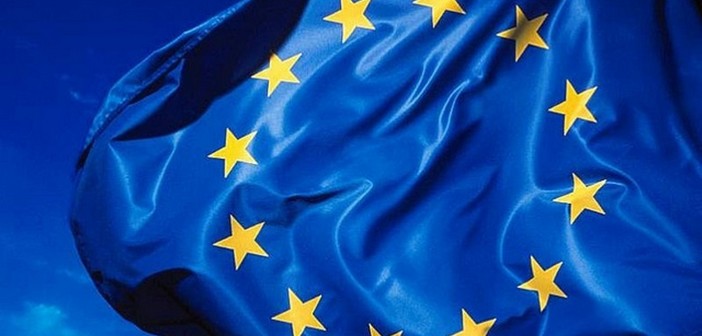Today, Europe can no longer remain as it is. We are facing a semi-model that is both federal and confederal, blending good intentions with obstacles set by European institutions.
European policies are only halfway constructed (yet, they often remain more effective than national policies), thus requiring an additional step of integration to complete and make them efficient.
Eurosceptics sometimes highlight Europe’s real issues: lack of transparency and democracy, and the approval of a “single” economic policy without popular consultation. This opacity is intolerable for all European citizens.
Populism and nationalism are taking root, heralding destruction and unhappy days, emphasizing the darkest clichés, and spreading alarmist narratives in abundance.
But the death of Europe would mean a disastrous political and financial shock for the entire world, an inevitable shock, unfortunate and so regressive in social and economic terms that its long-term consequences are unimaginable.
The roots of European construction should not be forgotten: wars, murders, but also humanism, the renaissance, and the collective culture shared by European countries. It is not only war that is at the origin of European construction; there are also acts of civilization arising from multiple events creating a certain unity, a unity theorized as early as the 17th century.
The European project has not lost its luster; it just lacks a true political destiny—federalization. The Europe that, deep down, we all want is a democratic Europe and what a more integrated future could bring: a federation of European nation-states.
Federalizing is not losing pride; it is the emergence of an innovative European sentiment and a source of progress.


